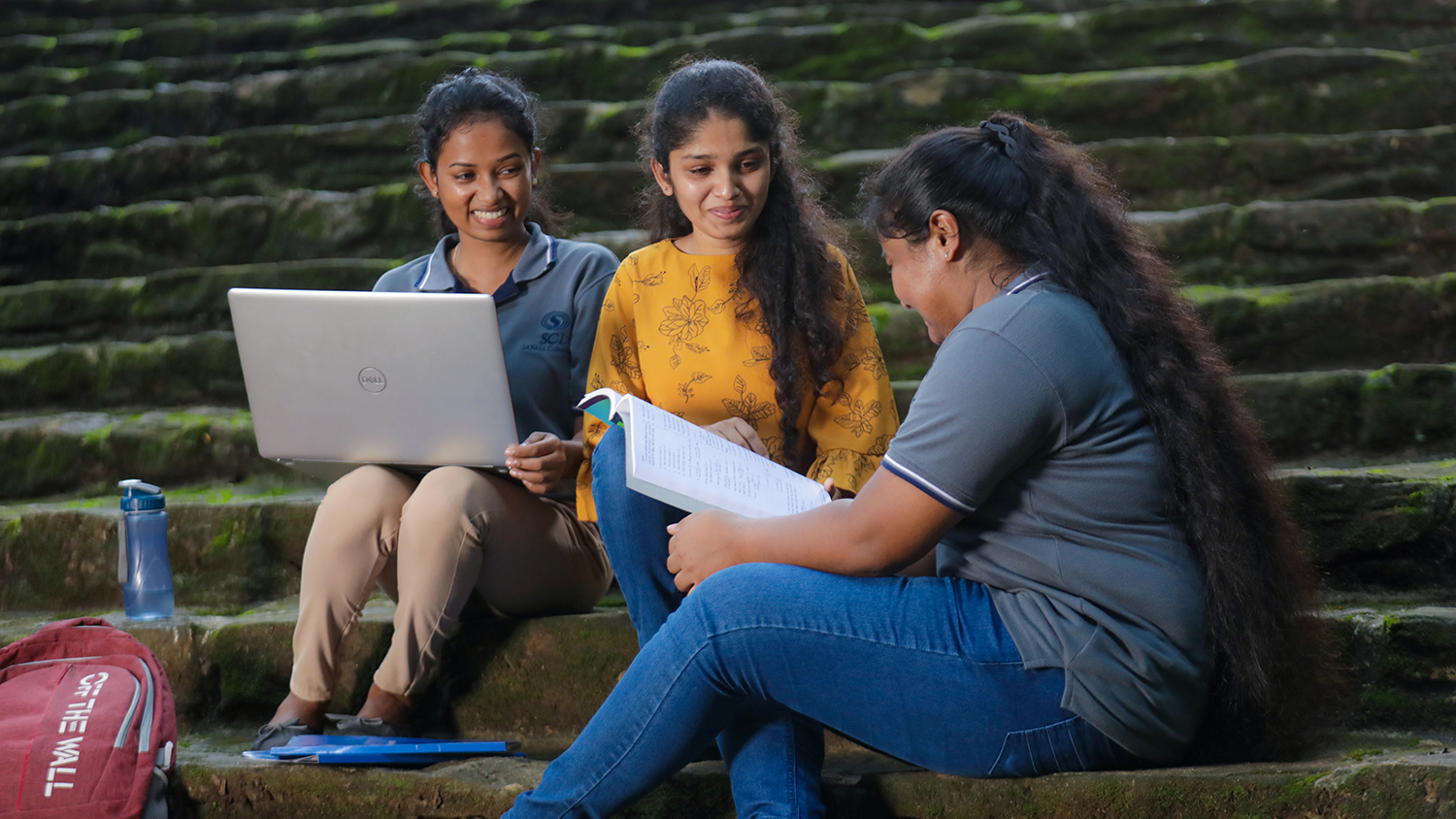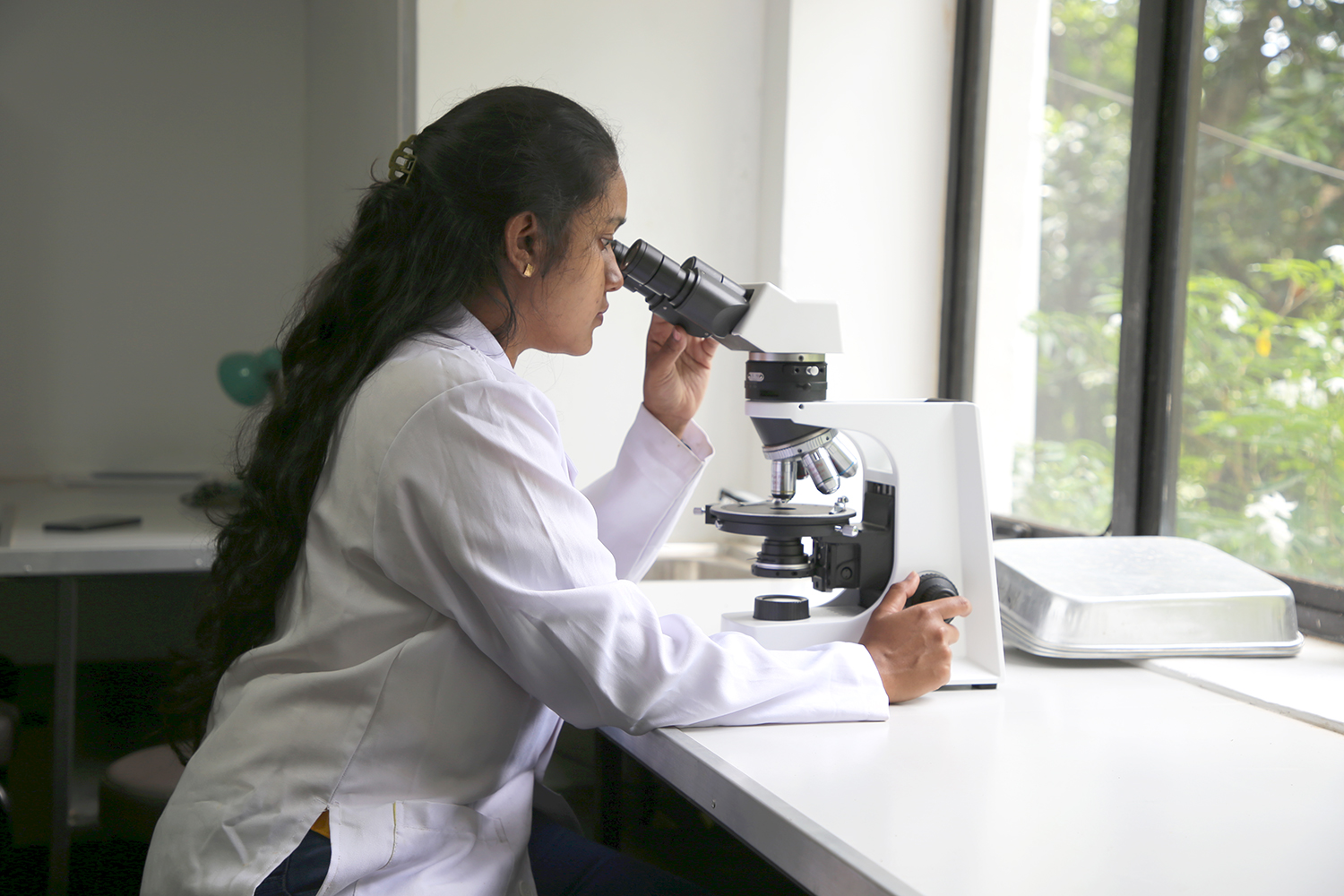
About Us

In the first two decades since its founding, SANASA focused mainly on research and community studies, institutional management and skills development. This required a concerted effort to impart the required knowledge, skills and research through a single institution. In order to fulfill this need, SANASA Education and Research institute was established in 1986. It was housed in “Werake Walawwa” at Karandupana,Kegalle. The cooperative institutions, both local and international, assisted this institution by providing financial assistance as well as resource persons. This institution carried out research on community development and conducted training programmes on development of Leadership, Management skills and Institutional management. More than 56,000 individuals were trained in this institution.
The SANASA movement felt the need of a strong and recognized institution to achieve its educational goals. As a result, the SANASA Campus Ltd, which is a limited liability company was incorporated in 2003.It was registered under the Companies Act No.17 of 1982 and re-registered under the Companies Act no.07 of 2007. The shareholders of the company were SANASA Federation, SANASA District Unions, Primary Societies, SANASA Insurance Company Ltd, SANASA Producer Consumer Alliance Ltd, and individuals.
Initially, the courses offered at the SANASA campus included three diploma courses in Banking, Insurance and Co-operatives, several certificate courses, in-house training programs and a number of community centered short-term educational programs. This institution was the nucleus of the present SANASA Campus, which was granted degree awarding status by the Ministry of Higher Education in accordance with the Gazette Extraordinary 1846/18 of the Democratic Socialist Republic of Sri Lanka dated 21st, January 2014.
At present, SANASA Campus awards special degrees in Banking and Finance, Insurance and Risk Management and Regional Science and Planning. The curricula of these three-degree programs are oriented towards local situations and anticipated changes. They are designed to connect tertiary education with the social, cultural, ecological and economic realities of the emerging Asian continent, all the while focusing on the Sri Lankan development process. It makes research and training relevant to contemporary needs and future aspirations. The three Special Degree Courses are unique in content and scope and the medium of instruction is English.
With all these developments, activities and approvals, the SANASA Campus at present a full-fledged Non-State Degree Awarding Leading Institute located in a picturesque conical hill filled with Bio-diversity in Kegalle District. SANASA Campus has produced three batches of graduates in 2018, 2019 and 2020, all of them are employed in a variety of disciplines at present. Thus, the history of the SANASA Campus depicts very clearly its evolutionary process and indicates the importance of the vision, dedication and determination of the leader Dr. P. A. Kiriwandeniya to transform a very small and simple village society into a world-renowned Higher Education Institute to award Government approved, recognized and legalized degrees. In addition to the three special degrees, SANASA Campus offers Diploma and Certificate programmes under 21 sections, counting financial services, management, science and human development. This resplendent facility in Kegalle sits truly in harmony with nature, with an environment that fosters creativity, recreation and continuous research and growth.

OUR VISION
The SANASA Campus is to develop world class leaders with multiple competencies. SANASA Campus operates with the Vision to become “The South Asian knowledge Centre for Holistic development”.
OUR MISSION
To be a leading green university in South Asia creating and disseminating knowledge and providing multiple forms of community service through teaching, training, research symposia, community engagement and professional services in order to transform participants into high quality human resources committed to holistic development with a sense of collective citizen responsibility.
Board of Directors of SANASA Campus
Dr. P. A. Kiriwandeniya
Chairman / MD SCL
Mr. M.D.D. Pieris
Director SCL
Prof.W.D.Lakshman
Director SCL
Dr.R.M.K.Ratnayake
Director SCL
Mrs. M.S. Kiriwandeniya
Director SCL
Mr. Udaya R. Seneviratne
Director SCL
Dr.Ganga Manjari Tilakaratna
Director SCL
Prof.D.Aminda Methsila
Director SCL
Dr. Buddhi Marambe
Director SCL
Dr. W. A. Jayasundara
Director SCL
